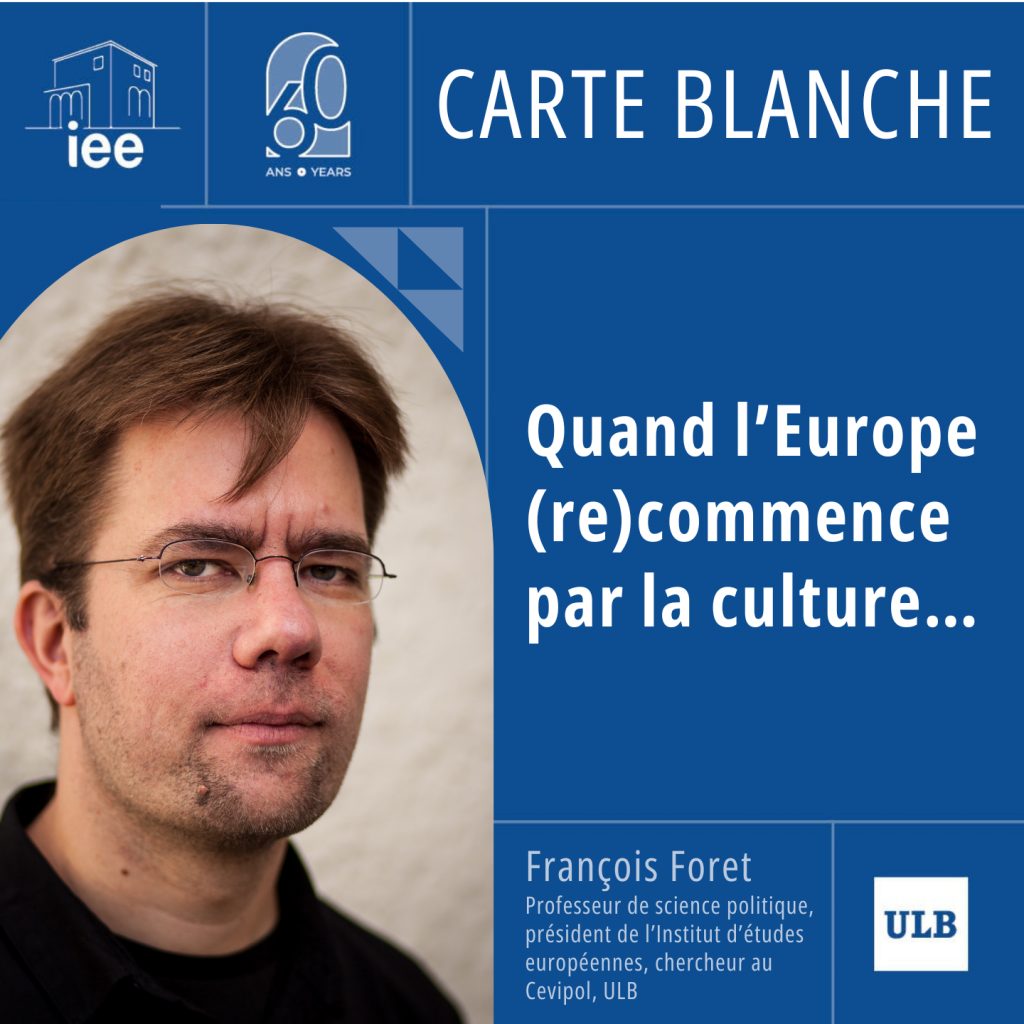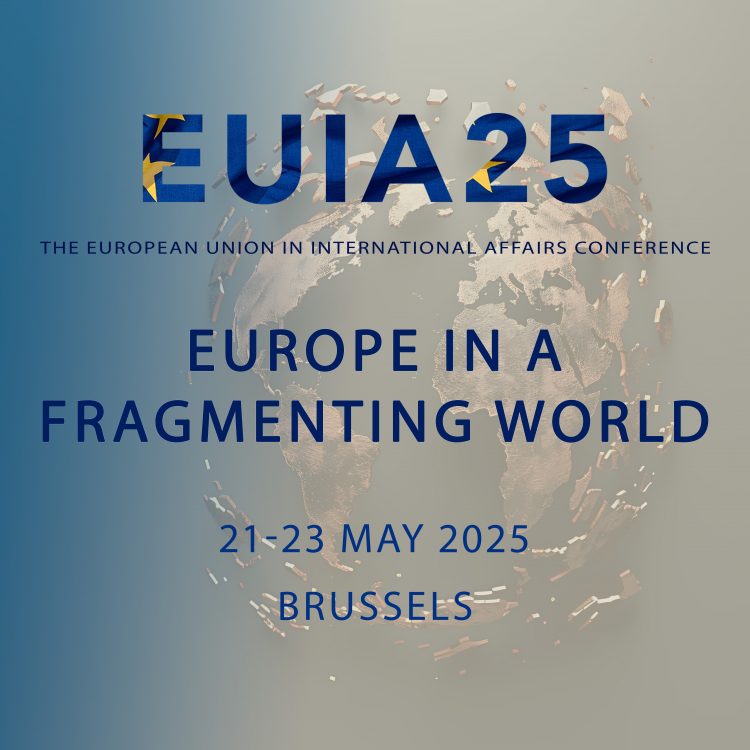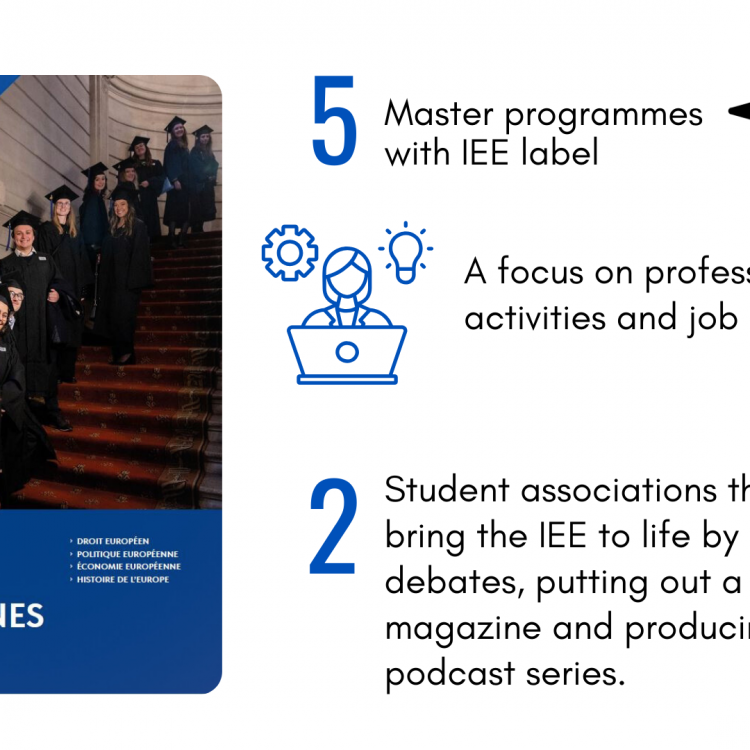60 years in 6000 characters
On 27 February 2024, the Institut d’études européennes at the Université libre de Bruxelles (IEE-ULB) will celebrate its sixtieth anniversary, making it one of the oldest research centres in Europe. Our anniversary is an opportunity to reflect on the state of Europe today, and consider what it means to teach, debate, think about, and do research on European integration in the year 2024, compared with 1964, the year the IEE-ULB was founded.
A significant number of IEE members have replied to the call for proposals, looking at Europe’s past, present and future from complementary perspectives. The weekly publication of these articles until the summer of 2024 contributes to the public debate around the following themes:
- European narratives
- Europe and the protection of its values
- Europe and the Economy
- Social Europe
- Future-proofing Europe
- Europe and the world
The article of François Foret starts a series of publications
The first carte blanche, entitled “Quand l’Europe (re)commence par la culture…“, is written by François Foret, Professor of Political Science, President of IEE-ULB and Researcher at Cevipol (ULB). According to Prof. Foret, the challenges met by the legitimization of European integration relying primarily on interests create regrets and temptations of an integration through culture. Is this a realistic way to (re)write history ?
Rules of the game
The aim is to reflect on the past to obtain a better understanding of the present, while also projecting a vision for the future. The comparison across time and societies help us to guard against relativism. Our affiliated members (members of the academic, scientific and administrative bodies as well as scientific collaborators) are invited to mobilize their expertise and share research findings to provide insights for a wider audience.
The means are a set of short format articles (comparable to op-eds in a newspaper). Articles are written in a language accessible to the broader public, in either French or English, and present one of the debates that have shaped the history of European integration. For example, and without being exhaustive, contributions could cover the purpose of Europe, the borders of Europe, Europe as an actor of/in Culture, the desirability of social Europe, Europe and market forces, Europe and its relationship with third countries/regions, Europe and geopolitical power, the nature of European law, and the best ways of telling the story of Europe.
The structure suggested for contributions is the following: the stakes and issues defining the debate; the chronology and dynamics of its evolution; elements of continuity or mutation; challenges of present-day discussions and possible outlines of future debates. This framework is indicative and does not exclude alternative or more creative forms, such as rewriting of history or fiction.
The operation ’60 years in 6,000 characters’ is coordinated by the IEE management team (François Foret, President; Chloé Brière, Director; Emmi Kallio, Head of Administration and Communications) and an editorial committee (Paul Dermine, Professor of EU Law; Marta Matrakova, Research Logistician; Frederik Ponjaert, Scientific Coordinator).
The authors express freely their opinions that do not represent an official position of the IEE-ULB.




